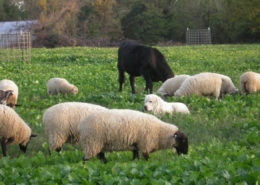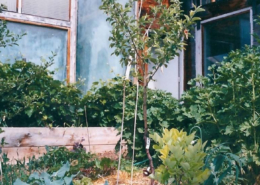Permaculture
Permaculture is the conscious design and co-creative evolution of agriculturally productive ecosystems and cooperative and economically just social systems which have the diversity, stability, and resilience of natural systems. It is the harmonious integration of landscape and people providing their food, energy, shelter, and other material and non-material needs in a sustainable way” (Mollison and Holmgren, 1988).
Permaculture design is grounded in three ethical principles: care of the earth, care of people, and care of community. Systems are designed to work with nature and to conserve energy. They consider edges, such as between fields and forests, as places for things to happen. Forest gardens are one key design for food production where plants and animals work symbiotically in guilds made up of tree and plant species that are stacked in vertical layers and where each species serves in multiple functions. The resources in this section recognize permaculture as a toolset for food and agriculture (and social) systems that are ecologically sounds, economically viable, and provide for personal well-being.
Related Topics
Staff Experts
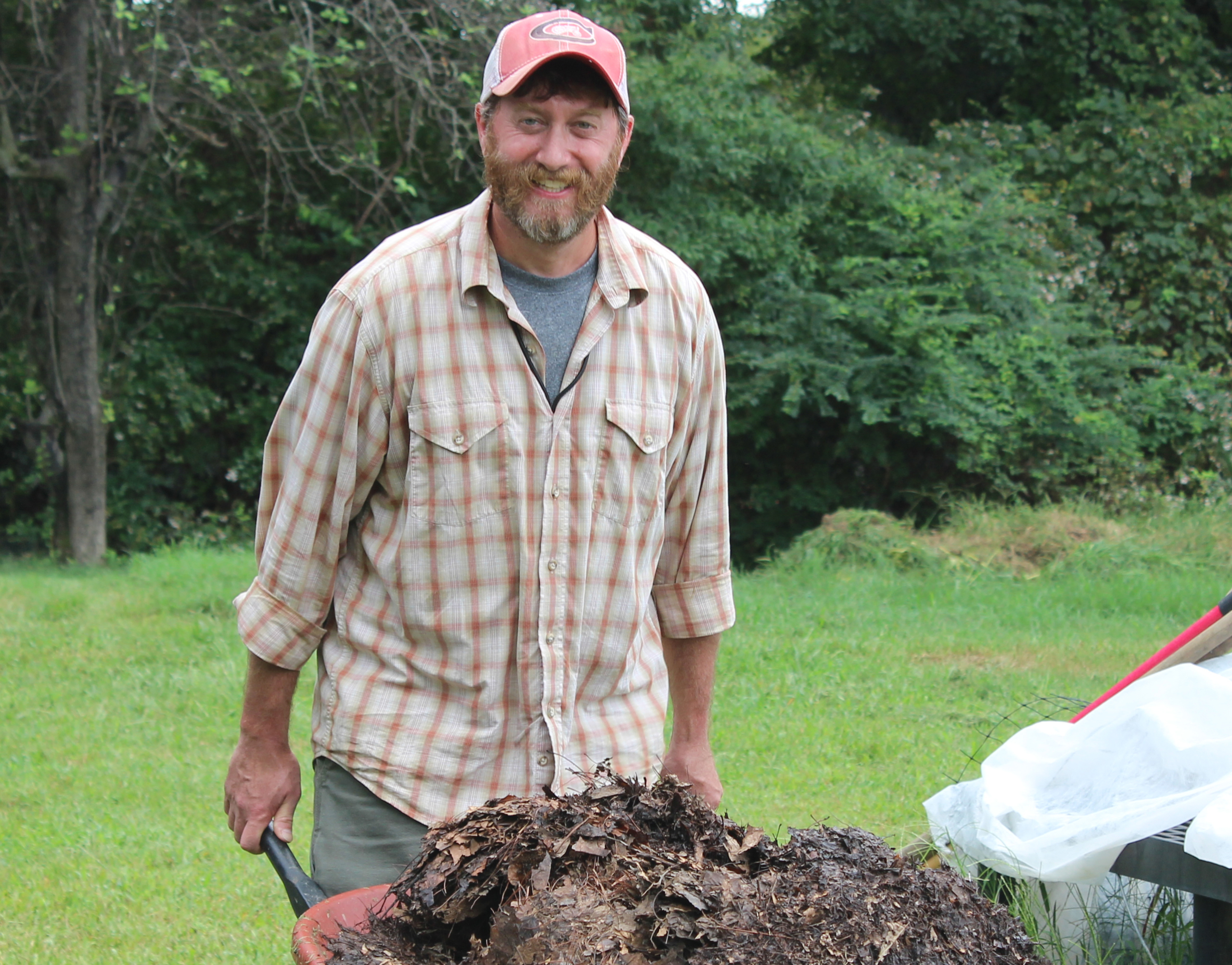

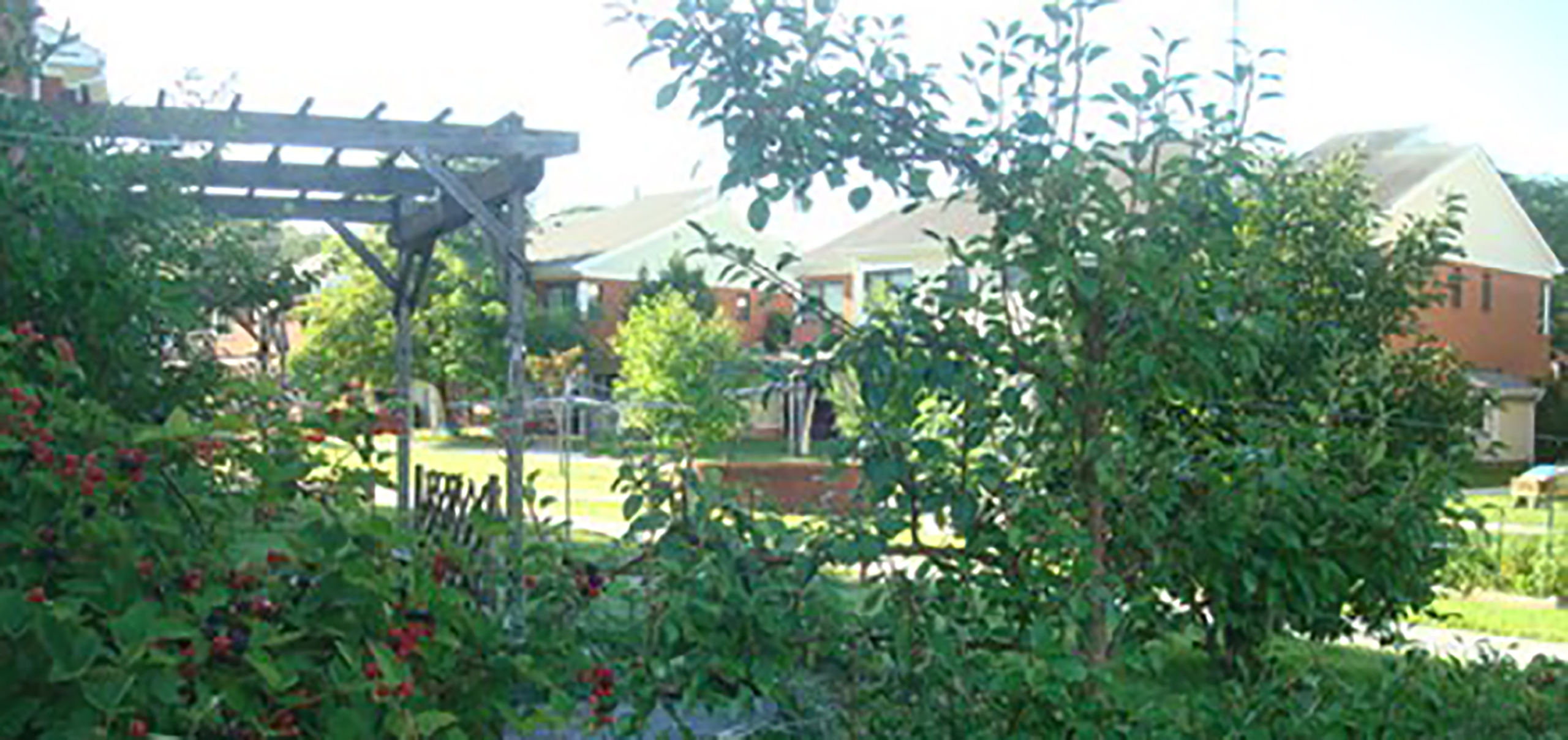


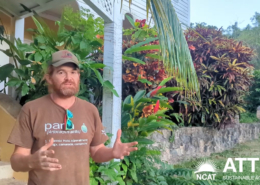
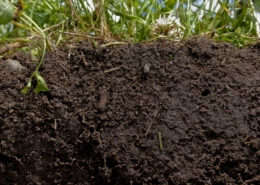 USDA NRCS
USDA NRCS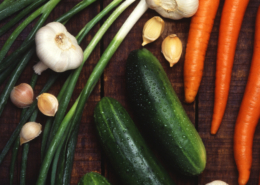
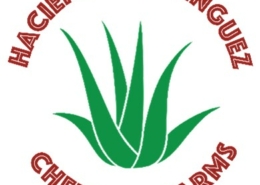
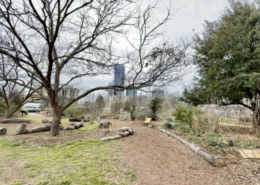
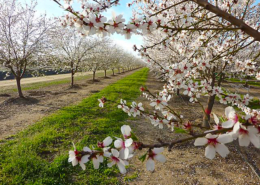 NCAT
NCAT